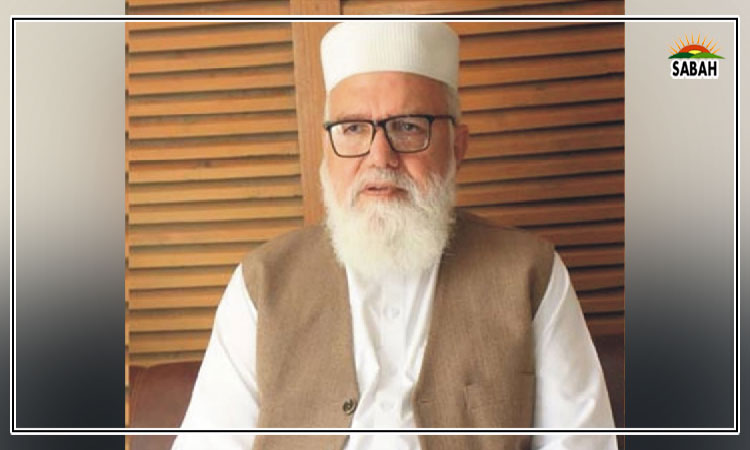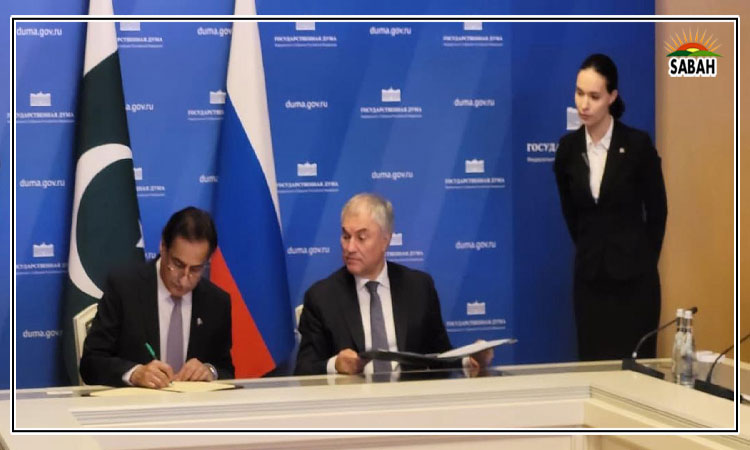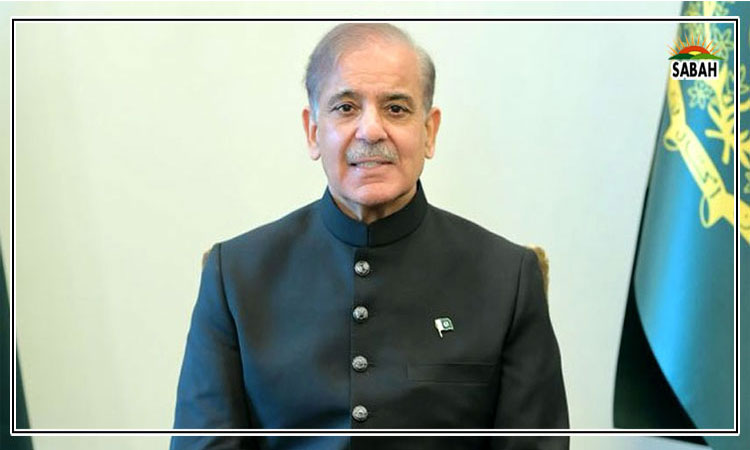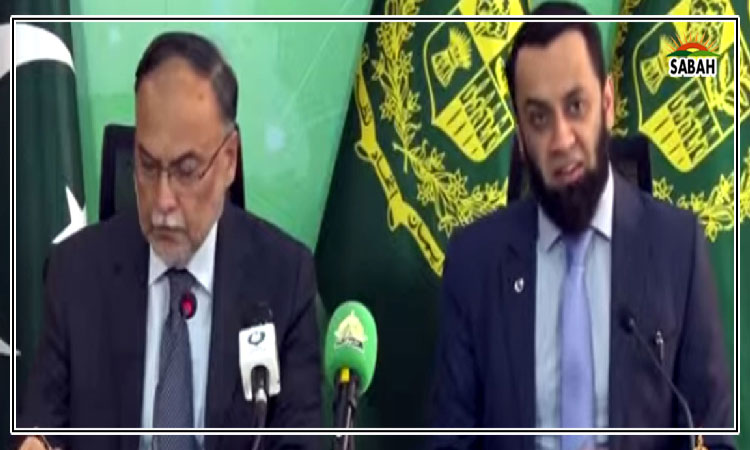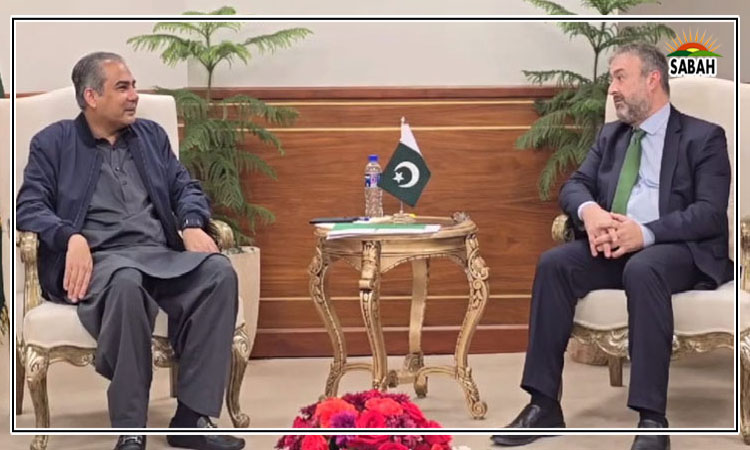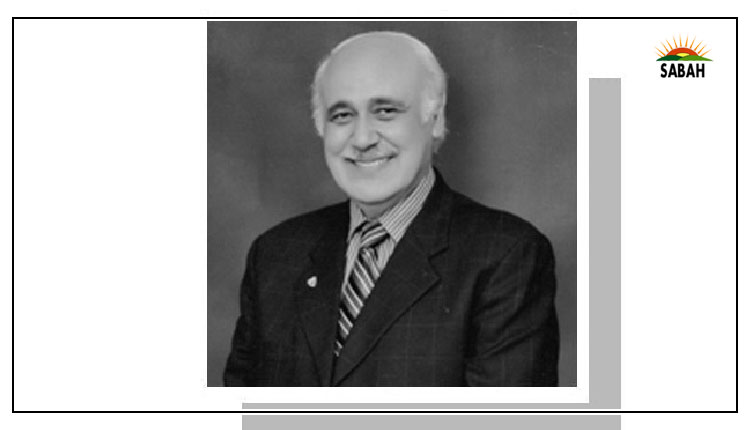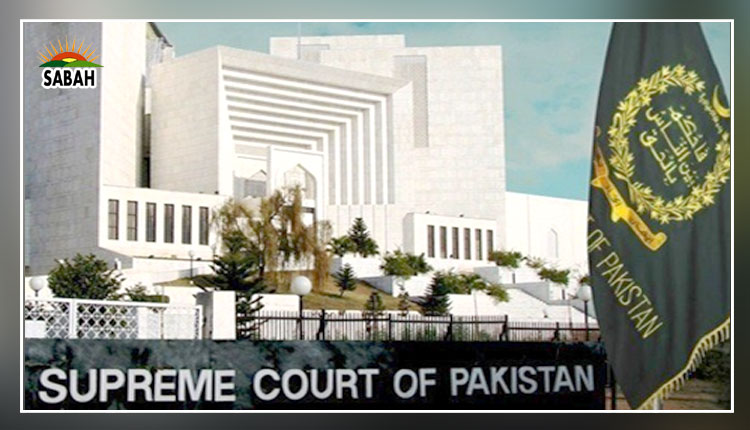15-member Full Court of Apex Court headed by Qazi Faez Isa to hear petitions against law clipping CJP’s powers tomorrow
ISLAMABAD, Sep 17 (SABAH): The apex court on Sunday announced that the hearing of the petitions challenging the Supreme Court (Practice and Procedure) Act will be held tomorrow (Monday) by 15-member full court headed by newly-appointed Chief Justice of Pakistan Justice Qazi Faez Isa.
As per the cause list issued by the SC’s registrar office, a 15-member full court bench will hear the case tomorrow (Monday) at 9:00 AM. The other judges on the bench include Justice Sardar Tariq Masood, Justice Ijazul Ahsan, Justice Syed Mansoor Ali Shah, Justice Munib Akhtar, Justice Yahya Khan Afridi, Justice Aminuddin Khan, Justice Sayyed Mazahar Ali Akbar Naqvi, Justice Jamal Khan Mandokhail, Justice Muhammad Ali Mazhar, Mrs. Justice Ayesha A. Malik, Justice Athar Minallah, Justice Syed Hasan Azhar Rizvi, Justice Shahid Waheed and Ms. Justice Musarrat Hilali.
The petitions have been field by Raja Amer Khan and another, Chaudhry Ghulam Hussain and another, Muhammad Shafay Munir,
Advocate High Court, Lahore, Zaman Khan Vardag, Advocate
Supreme Court, Lahore, Ghulam Mohiuddin, Muhammad Azhar Siddique ASC, Muhammad Shahid Rana Advocate, Mudassar Hassan Jura and Niazullah Khan Niazi v. The Federation of Pakistan through the Secretary Law and Justice Division, Ministry of Law and Justice Islamabad and others.
Khawaja Tariq A. Rahim, Sr. ASC, Imtiaz Rashid Siddiqui, ASC, Attorney General for Pakistan Barrister Mansoor Usman Awan,
Vice Chairman Pakistan Bar Council Haroonur Rashid, Supreme Court Bar Association through President Abid Shahid Zuberi, Farooq H. Naek, Sr. ASC, Zahid F. Ebrahim, ASC, Salahuddin Ahmed, ASC, Uzair Karamat Bhandari, ASC, Muhammad Azhar Siddique, ASC, Muhammad Hussain Choutya, ASC, Hassan Irfan Khan, ASC and Muhammad Ikram Ch., ASC will appear before the court as lawyers.
Meanwhile Tariq Aziz, Syed Rifaqat Hussain Shah, Ahmed Nawaz Chaudhry, Mrs. Kausar Iqbal Bhatti and Muhammad Amir Malik will appear before the bench as Advocates on Record (AORs).
According to a private TV channel sources the full court proceedings will be broadcast live. The sources added that the information ministry is taking necessary steps to live telecast of the proceedings.
An 8-member larger bench headed by former chief justice Umar Ata Bandial and comprising Justice Ijazul Ahsan, Justice Munib Akhtar, Justice Sayyed Mazahar Ali Akbar Naqvi, Justice Muhammad Ali Mazhar, Justice Ayesha A Malik, Justice Syed Hasan Azhar Rizvi and Justice Shahid Waheed had previously heard the petitions challenging the constitutionality of the law aimed at curtailing the suo moto powers of the apex court’s top judge.
During the previous hearing in June, the similarities between the Supreme Court (Review of Judgments and Orders) Act 2023 — which relates to the right of appeal in suo motu cases — and the SC Practice and Procedure Act were discussed with Attorney General for Pakistan (AGP) Mansoor Usman Awan saying that parliament could look into “harmonising” the two Acts.
The then-CJP — while he welcomed the proposal — said that the federal government should take the top court into consideration when making any legislation related to the judiciary.
Subsequently, the AGP told the ex-CJP that immediate legislation on the Acts was not possible due to the upcoming budget session — held on June 9. He requested the court to hold the hearing after the session, following which the hearings for the Acts were scheduled for September 18 (tomorrow).
Pakistan Tehreek-e-Insaf (PTI) had earlier petitioned the top court to declare the Act as ultra vires to the Constitution.
The PTI, through its counsel Uzair Karamat Bhandari, filed a concise statement in the petitions challenging the Act and prayed to the apex court to strike down sections 2, 3, 4, 5, 7 and 8 of the Act.
Moreover, the party submitted that the Act is beyond parliament’s legislative competence and is unlawful in that it impinges on the independence of the judiciary “which has time and again been recognised by this court as a fundamental feature of the Constitution”.
PTI’s petition also maintained that the Act went against the settled interpretations of various constitutional provisions by the apex court.
The bill, aimed at regulating the powers of the CJP, was approved by the parliament during a joint sitting on April 10.
The National Assembly, on April 21, notified the Supreme Court (Practice and Procedure) Bill 2023 as an act.
However, even before it became an Act, the bill was challenged in the Supreme Court, and, on April 13, the same bench hearing the case halted its implementation, observing that the bill would not be acted upon in any manner till further order.
“The moment that the Bill receives the assent of the President or (as the case may be) it is deemed that such assent has been given, then from that very moment onwards and till further orders, the Act that comes into being shall not have, take or be given any effect nor be acted upon in any manner,” read the nine-page interim order issued on April 13.
In its order, the bench stated that the facts and circumstances presented here are extraordinary both in import and effect.




